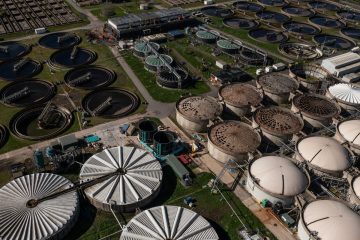Exploring the Significance of Dover in England

Introduction
Dover, a charming coastal town in Kent, England, stands as one of the most important ports in the UK, connecting the nation to mainland Europe. With its iconic white cliffs and rich maritime history, Dover has been a pivotal gateway for trade and travel for centuries. Its relevance has only grown in recent years due to ongoing discussions around trade, travel, and immigration, accentuated by Brexit and the COVID-19 pandemic.
The Historical Importance of Dover
Dover’s history as a prominent port dates back to Roman times when it was known as Dubris. Over the centuries, it has served as a crucial military and trade hub. The town’s strategic location across the English Channel made it a key point during World War II, particularly during the Dunkirk evacuation in 1940, where thousands of British and Allied troops were rescued from the beaches.
Current Events and Developments
In recent months, Dover has been in the spotlight due to new border regulations and changes following the UK’s exit from the EU. The port facilities have been modernised to accommodate increased traffic and to streamline customs procedures. In July 2023, the UK government announced an investment of over £30 million aimed at upgrading the port infrastructure to ensure efficiency and maintain Dover’s position as a leading ferry port. Furthermore, environmental concerns regarding the impact of increased shipping on marine life have sparked debates on sustainable practices within the port.
The Cultural Landscape
Aside from its economic significance, Dover also boasts a rich cultural scene. It is home to several historical landmarks, including Dover Castle and the Roman Painted House, which attract thousands of tourists every year. The town hosts various events throughout the year, celebrating its maritime heritage, such as the Dover Regatta and the Dover Carnival, which foster community spirit and engagement.
Conclusion
As Dover continues to adapt to changing economic realities and environmental challenges, it remains a vital part of the UK’s infrastructure. The port’s ongoing investments reflect a commitment to enhance its capabilities while retaining its historical charm. For residents and visitors alike, Dover not only serves as a gateway to Europe but also offers a rich tapestry of history and culture, making it a pivotal town in England’s narrative. As trade routes expand and tourism rebounds, Dover is poised to maintain its status as a key player in both national and international contexts.









